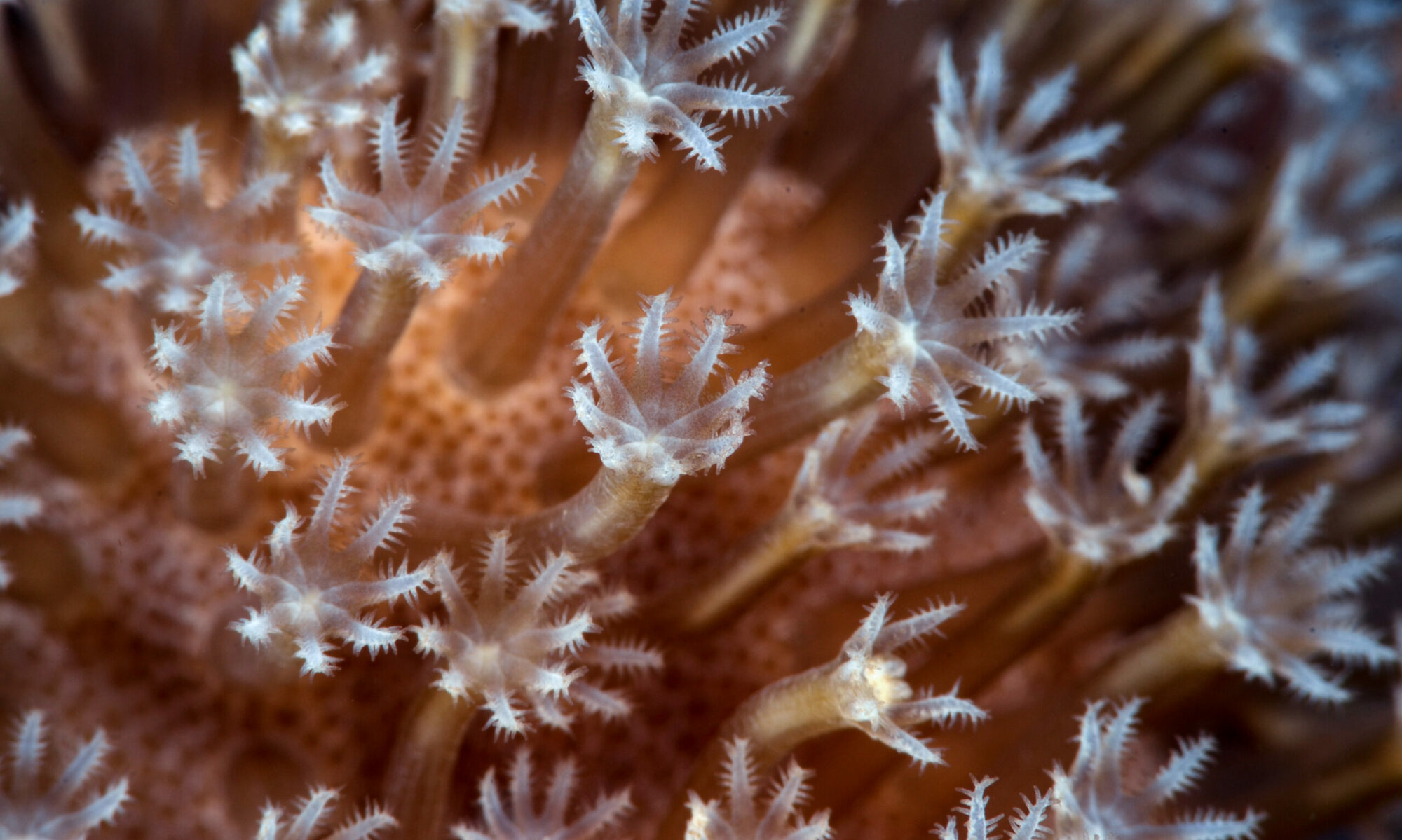


As part of the University of Guam’s first Bioblitz, an event focused on finding and identifying as many species as possible in a place over a set period, a team of international scientists engaged the island’s local community through a mini research symposium held on Friday, February 16, 2024.
Due to climate change, development, pollution, and other factors that contribute to habitat loss, the world is facing a biodiversity crisis. The first step in addressing this issue involves developing an understanding of what lives in the biosphere, the parts of the world where life exists, and how they function.
These scientists, who hail from the United States, Italy, and Japan, held a series of presentations concerning organisms such as mollusks, worms, shrimps, and other invertebrates to increase local research capacity and generate interest in these under-studied fields.
One of the presenters was Florida Museum Curator of Invertebrates Gustav Paulay, Ph.D., who formerly served as the director of the UOG Marine Laboratory.
“It can be disheartening to get into the water after a couple of decades and see what has happened to the reef,” said Paulay.” Some parts are great, some parts not so much. We are going through a biodiversity crisis and one thing that scientists can do about is at least get an idea of what the biosphere is like before it changes any further.”
During his time at UOG, Paulay spent years cataloging the diversity of invertebrates around Guam. The Bioblitz, supported by Guam NSF EPSCoR, was meant to expand the existing knowledge of Guam’s marine ecosystems to inform future management efforts and apply that knowledge to other kinds of studies.
“UOG sits in one of the most diverse areas and has this rich tradition of looking at organismal diversity. As a result, this institution is one of the centers of this work,” said Paulay. “We know what we know now fairly well because of a lot of effort done by a lot of people who have documented what they have described.”

